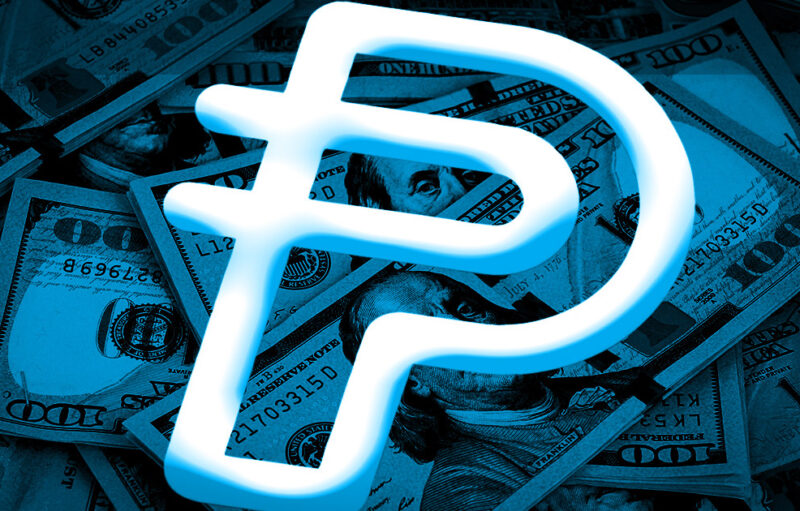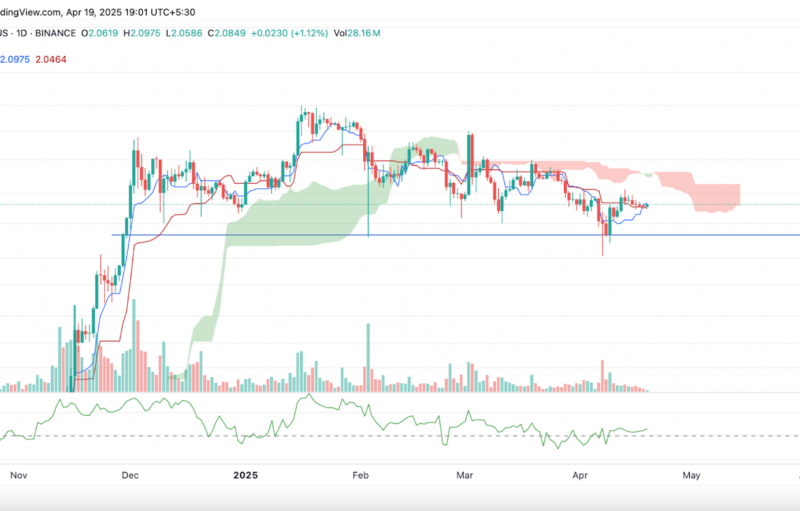Luis Cuende is not impressed with Libra, or other corporate efforts to enter the world of cryptocurrency. “[T]his is bullshit,” he says. “I didn’t get into crypto because I wanted to work for Facebook.”
Cuende leans forward in his chair and stares intently. “I’d rather crypto doesn’t go mainstream than give up on my values,” he adds, finally.
Cuende is the co-founder of Aragon (ANT), a project that allows users to easily create decentralized autonomous organizations (DAOs) and relies on a blockchain-based arbitration system to settle disputes. The founders see it as a kind of voluntary digital jurisdiction, a Paris Commune of cryptocurrencies.
Cryptocurrencies Can “Return To The Internet Of the Nineties.”
It’s hot, well over thirty Celsius, and a warm breeze lazily wafts through the open window. We’re in Berlin, in a cramped, featureless interview room in a building that had once been the national radio station for Communist East Germany, and is now one of the city’s main events spaces.
Cuende matches the Bohemian vibe with shaven head, shorts and t-shirt. Moments before he had been on a panel, arguing that individuals have the right exist pseudonymously on the blockchain.
While some argued that there is a legitimate role for KYC and AML controls, Cuende stuck to his guns. “I’m like an anti-KYC maximalist, I hate KYC,” he said. “It’s a no-go area for me.”
Cuende has been busy over the past few months. A self-described crypto-anarchist, he worries that the community has been enticed away from its founding principles. Although Libra helped raise crypto’s profile, he does not share the unrestrained excitement which some have for Facebook’s cryptocurrency.
The Aragon One CEO has repeatedly tried to shut down calls for Ethereum to collaborate with Libra, worried the tech giant might swallow the community whole. “If crypto becomes central then that’s the end, because we aren’t bringing anything new to the table,” Cuende says. “We have to stay genuine to our values.”
Cuende says cryptocurrencies “will allow us to return to the internet of the 1990s,” when people were valued “based on the substance of their thoughts” and not on who they are.
He believes crypto will finish the job that the internet started, allowing users to interact and work pseudonymously. For Cuende, it is the “fightback” against an overreaching Orwellian state, which has the power to intrude into every aspect of our lives.
Aragon’s Journey
Cuende first got involved in cryptocurrency in 2011. Along with his co-founders, he wanted to use cryptocurrencies and blockchain technology to create something that they believed would be truly revolutionary.
In late 2016 they began work on Aragon.
The timing could have been better. Months before they started work, hackers had exploited a loophole in The DAO, a decentralized crowdfunding project, and made off with $50M worth of Ether (ETH).
The attack would go down in history as one of crypto’s biggest collisions between idealism and reality. DAOs became unfashionable overnight.
At the time, the hack seemed to have had a “catastrophic effect” on other DAOs like Aragon. “No one really had the balls to push something like this at the time,” Cuende explains.
But in retrospect it may have made their lives easier. It “helped us to focus,” Cuende explains. Aragon could just get on with the job instead of dealing with requests for development updates or new features. The team could put all their energies into developing the protocols and mechanisms that made Aragon the platform it is today.
Because they weren’t in the spotlight, the team developed a better understanding of what a DAO can be. The very first version of Aragon was very limited, Cuende explains, giving little flexibility other than to create some sort of basic corporate structure.
That has slowly changed over the years, and now the framework can be used to create any type of decentralized structure, whether for thousands of users or just a few individuals.
“If you use Aragon today you can create any DAO that you want,” Cuende says. “You can create personal DAOs, where the whole DAO is just a single person.”
Interest in DAOs has returned and in a big way, with new decentralized funds like MolochDAO receiving high-profile investments from Vitalik Buterin and Joe Lubin.
Cuende believes the sudden surge is due to the realization many ‘decentralized’ projects are actually controlled by a small group of leaders. Despite the rhetoric, crypto still relies heavily on centralized structures to exist.
DAOs And The Potential Of Decentralization
How to decentralize organizations is still unclear, and it’s a debate which the industry has to have. Cuende believes projects such as Aragon can provide the technological foundation that can “really decentralize” crypto.
Crypto is proof that there are alternatives to centralized organizations, Cuende believes. As a student of history, he believes that technology and innovation will sweep away the nation-state. Governments and corporations can only delay the inevitable, before they are replaced by the kind of voluntary associations which Aragon is designed to facilitate.
This, it turns out, answered the final mystery about Aragon: its name. The name ‘Aragon’, Cuende explains, derives from an anarchist commune that flourished in the 1930’s before being quashed by fascist troops in the Spanish Civil War.
The post appeared first on CryptoBriefing







